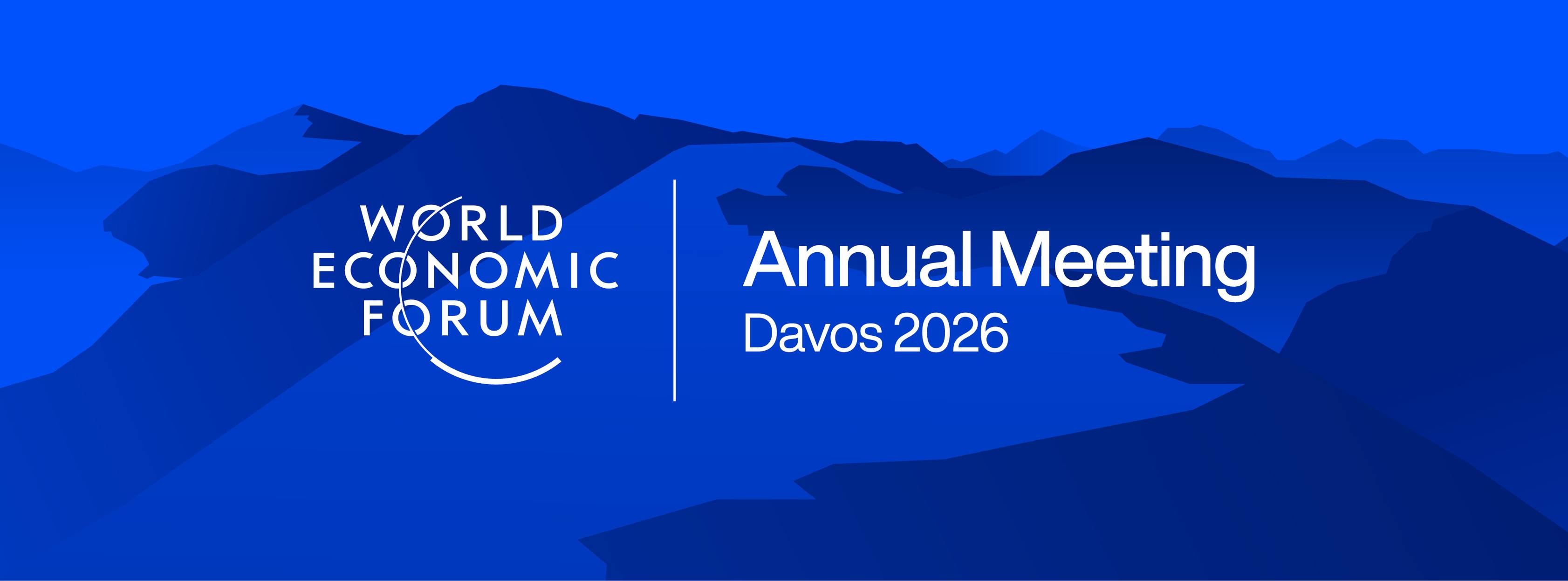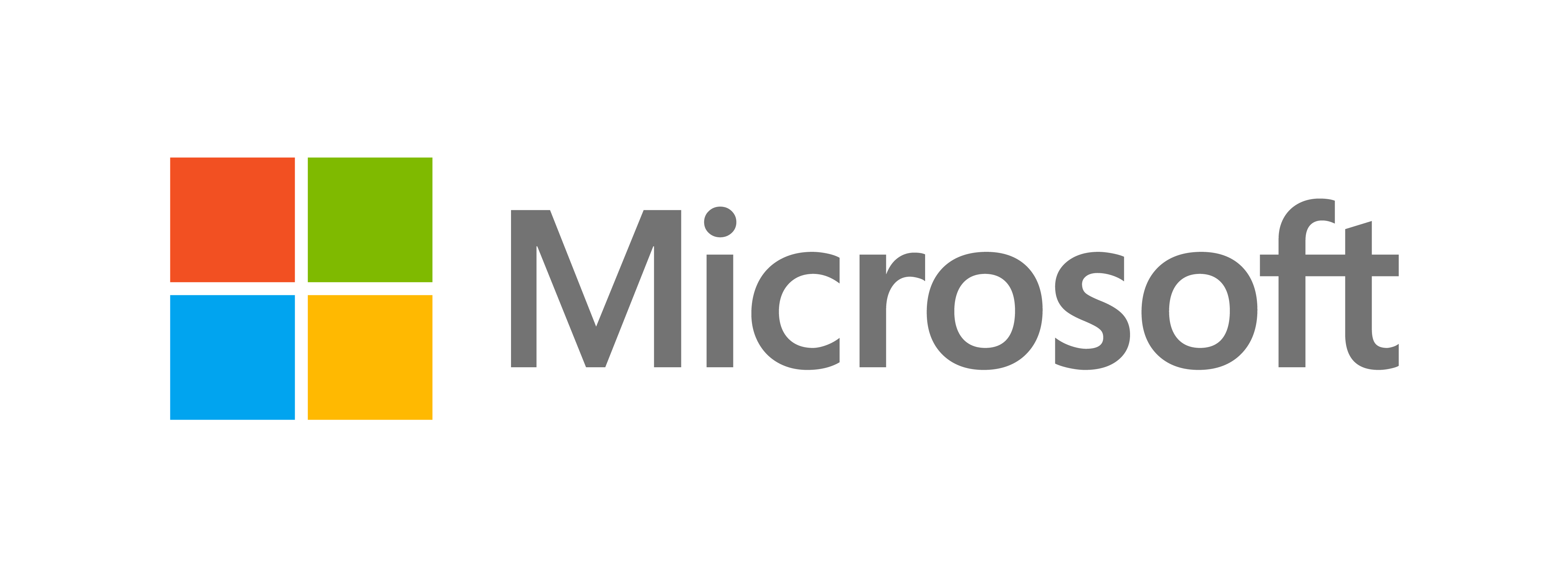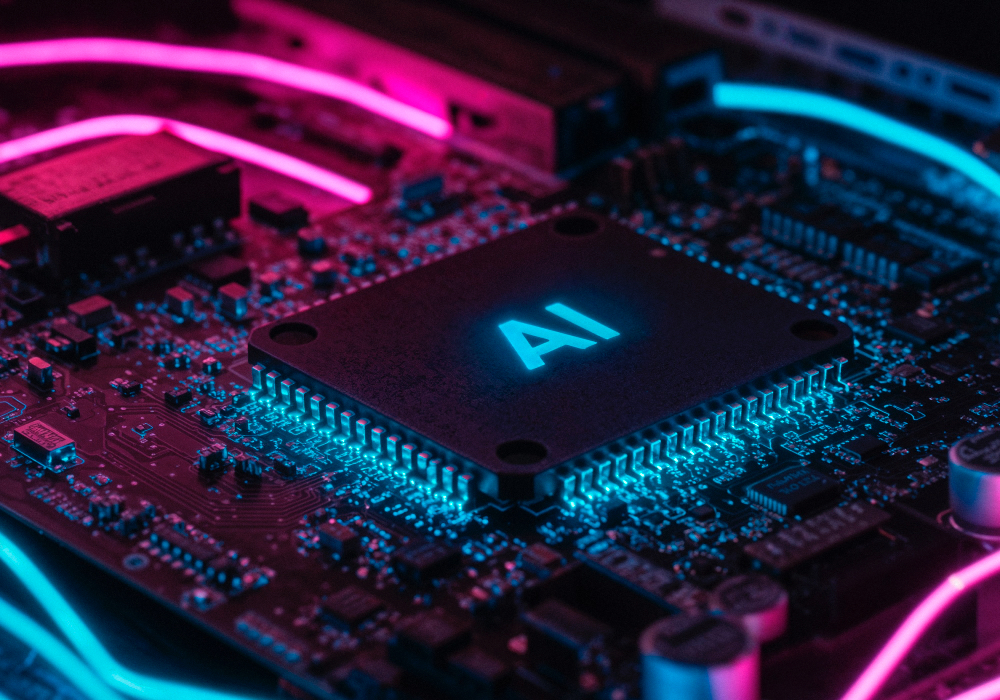Elon Musk made his first appearance at the World Economic Forum in Davos despite years of public criticism towards the gathering, arguing that AI and robotics represent the only realistic route to global abundance.
Speaking alongside BlackRock chief executive Larry Fink, Musk framed robotics as a civilisational shift rather than a niche innovation, claiming widespread automation will raise living standards and reshape economic growth.
Musk predicted a future where robots outnumber humans, with humanoid systems embedded across industry, healthcare and domestic life.
He highlighted elder care as a key use case in ageing societies facing labour shortages, suggesting that robotics could compensate for demographic decline rather than relying solely on migration or extended working lives.
Tesla’s Optimus humanoid robots are already performing simple factory tasks, with more complex functions expected within a year.
Musk indicated public sales could begin by 2027 once reliability thresholds are met. He also argued autonomous driving is largely resolved, pointing to expanding robotaxi deployments in the US and imminent regulatory decisions in Europe and China.
The global market for humanoid robotics remains relatively small, but analysts expect rapid expansion as AI capabilities improve and costs fall.
Musk at Davos 2026 presented robotics as an engine for economic acceleration, suggesting ubiquitous automation could unlock productivity gains on a scale comparable to past industrial revolutions.
Would you like to learn more about AI, tech and digital diplomacy? If so, ask our Diplo chatbot!









